
HEALTH
02-03-2020 by redazione
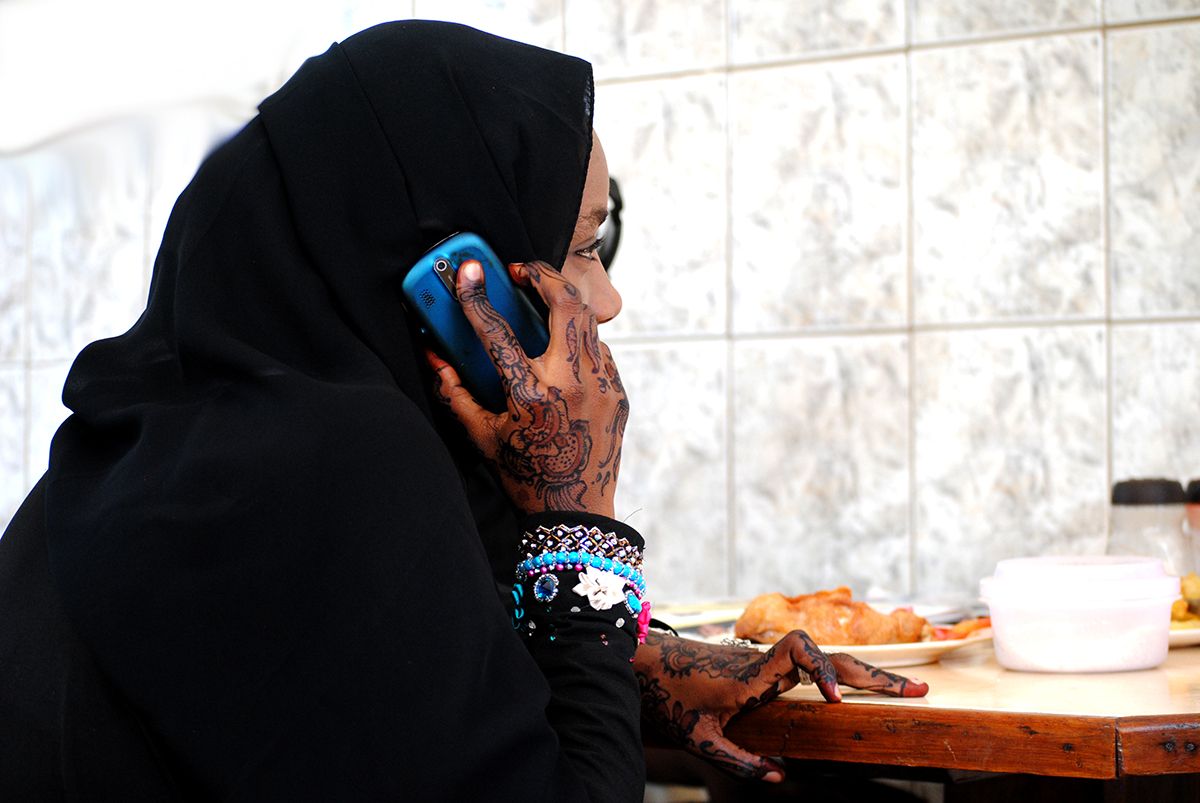
Kenya also uses mobile phones to create awareness of what the Coronavirus is and how to prevent it, in case the infection could also affect the African country.
Although there are still no confirmed cases either in Kenya or in all neighbouring countries (the only case in the whole of sub-Saharan Africa at the moment concerns an Italian citizen in Nigeria), the African country is improving its health and security institutions at airports to be prepared, also thanks to the help of the World Health Organization.
Among the preventive measures, there is also the initiative of Amref Health Africa, one of the non-profit organizations dealing with health in Africa.
Knowing that in Kenya almost everyone uses a smartphone phone (among other things, with the Mpesa service it is also a commercial vehicle, practically a personal bank) Amref has created an application called "Leap" that can spread messages with the necessary information about the coronavirus, to reduce misinformation within local communities, reaching even villages in remote areas where it is not easy to find adequate health facilities, and continuous updates in order to improve surveillance, early diagnosis and treatment, and monitor the spread of the disease if necessary. As reported by the AGI Agency, health workers and health volunteers in local communities are provided with sufficient information and data to identify, isolate and report suspicious cases, as well as to maintain adequate safety standards in ports of entry and high risk areas to prevent possible transmission.
"Leap" is considered an effective mobile learning solution for training health workers and community volunteers, using audio and SMS technology to empower, raise awareness or train health workers, allowing each individual to learn at their own pace, with their mobile devices and within their communities. Leap simplifies access to quality training. Since 2016, 35,000 students in over 30 counties in Kenya have been trained through this system. Altogether more than 64,000 students have been enrolled on Leap. An agile tool, also, to reach people and health volunteers in remote and isolated areas. People who otherwise - given the distances - would have difficulty in accessing adequate training.
The main challenge, in the face of this new virus, is precisely containment. The more capillary the information, and available to the largest number of people, the more effective prevention becomes.
The AGI also reports that according to the UN, the African continent is home to only 3% of the world's medical staff, despite bearing more than 24% of the global disease burden. The Italian average is about 376 doctors per 100 thousand inhabitants, in Africa the average is 4.5 doctors per 100 thousand inhabitants. And, despite the weakness of the system, access to health care is limited by the individual's ability to pay.
In Kenya an enormous percentage of poor families cannot afford health care. About 4 out of 5 Kenyans do not have access to medical insurance, with the inevitable exclusion of an important part of the population from quality health services. A replicable scenario throughout sub-Saharan Africa. In short, if you pay you get treatment. Infectious diseases, in fact, are the cause of 40% of deaths in developing countries, 1% in industrialized countries.
According to a study published on 19 February in Lancet - the most influential international journal in the field of medicine - 74% of African countries have an influenza pandemic preparedness plan, however, most of these plans are obsolete and considered inadequate to deal with a global pandemic. For these reasons, the Centres for Disease Control and Prevention (CDC) on the African continent are mobilizing to ensure that 90 percent of African countries are well equipped to thoroughly test COVID-19. In fact, the availability of diagnostic tests is one of the bases to stop the contagion. Referring to the latest updates of the African CDCs, more than 15 countries have kits, and about 10 will soon have them.
Given the picture, even the use of a simple mobile phone can become crucial to deal with a possible epidemic.
HEALTH
by Freddie del Curatolo
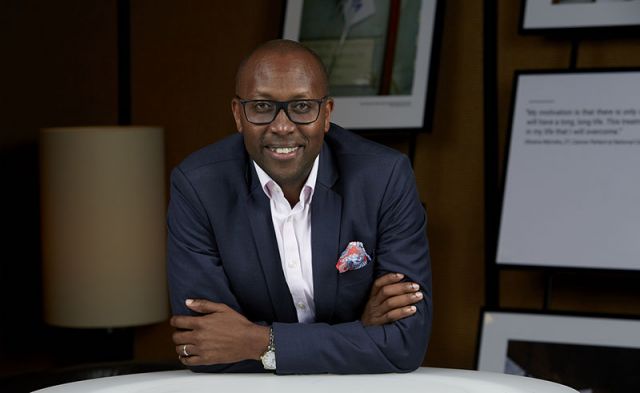
Four or five months, that's how long the Coronavirus emergency in Africa will last, according to the CEO of...
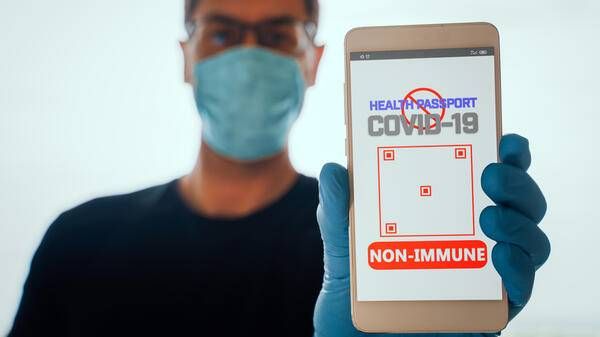
Called the "Travel Pass", it will in fact be the already ballyhooed digital health ...
NEWS
by redazione
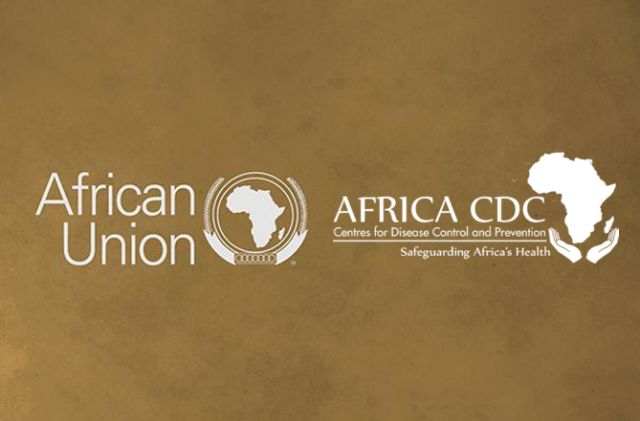
The TT code (Trusted Traveller Code) is a system implemented by the African Union and ...
NEWS
by redazione
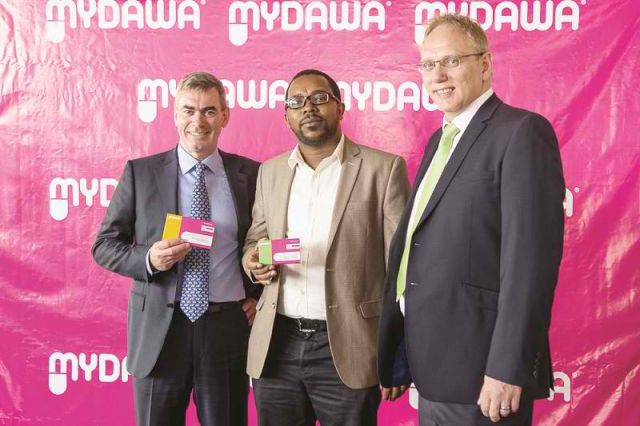
An APP developed in Kenya to get prescription drugs and find them in the nearest pharmacy.
The intelligent pharmaceutical and telematic invention is called "My Dawa" (where "dawa" in Swahili stands for "medicine") and was developed by ION Equity.
By...
CORONAVIRUS
by redazione
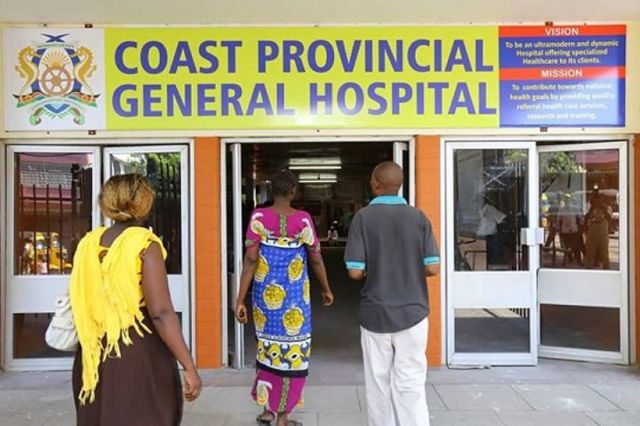
Positive cases of Covid 19 virus in Kenya rose to 189 yesterday, with five new patients in isolation, all...
SERVICES
by redazione
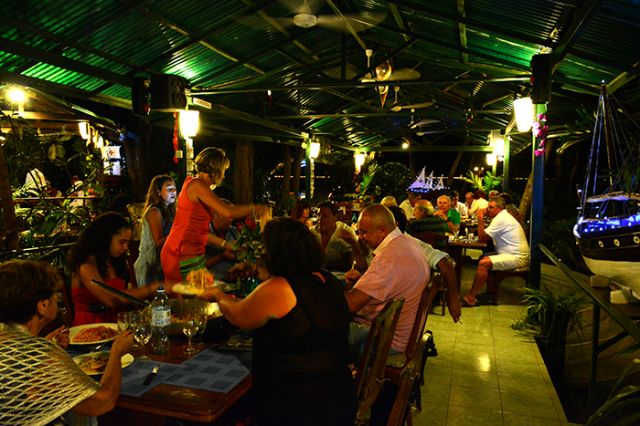
In Nairobi many restaurants and cafes, as well as supermarkets are preparing for the Coronavirus emergency by...
NEWS
by redazione
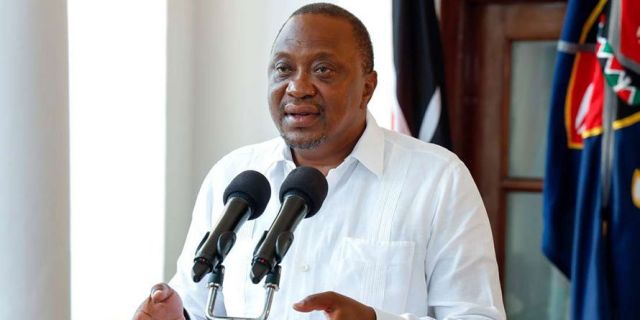
Kenya's President Uhuru Kenyatta has signed a directive to fight the coronavirus in his country. The statement issued by ...
NEWS
by redazione
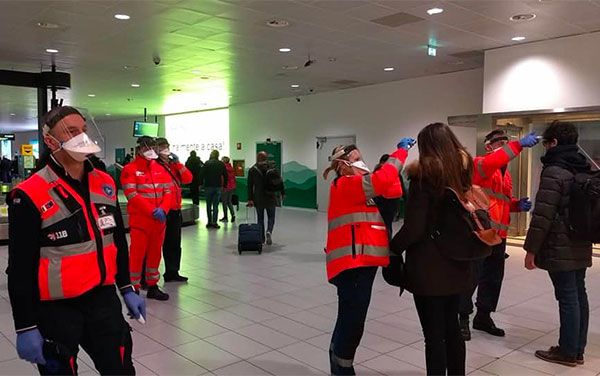
With a sudden decision this afternoon, the Kenyan Government has suspended direct charter flights from...
HEALTH
by redazione
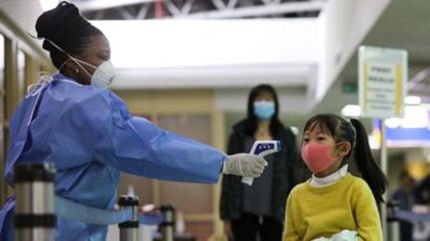
The two Chinese citizens who had been placed in isolation for a few days because they were considered...
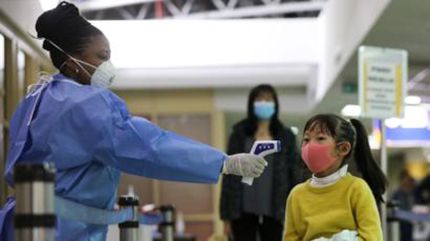
The confirmation of the first case of Coronavirus in Kenyan territory was given four hours ago...
TECHNOLOGY
by redazione
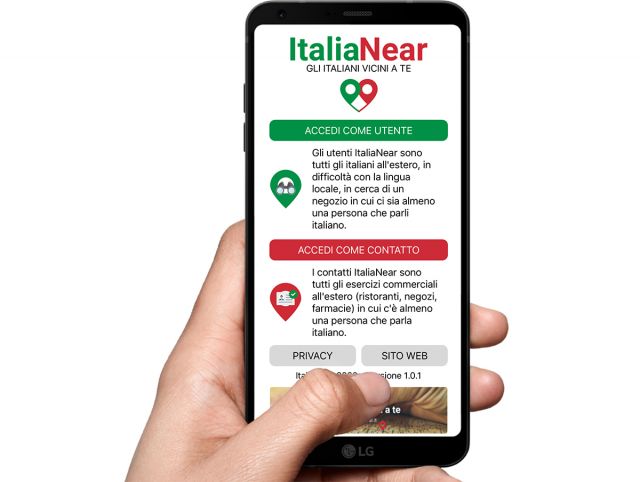
A free APP created by father and daughter to connect Italians abroad, all over the world, to give...
CORONAVIRUS
by redazione
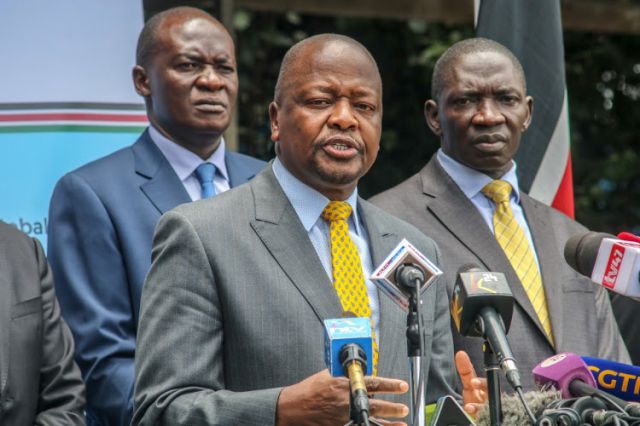
On the day Kenya mourns the highest number of Covid-19 positive deaths, tests carried out ...